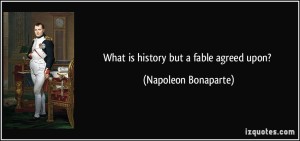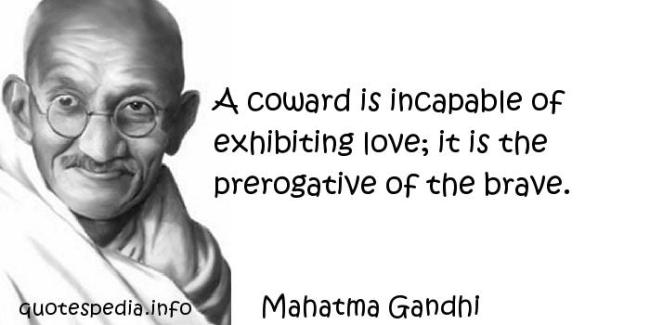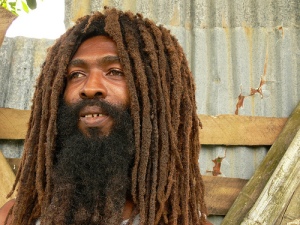Suffering Jets, Bowling Litionists, and Peace Knicks, a fable
My mom’s always trying to teach me History. She says it’s important for us kids to know all the bad stuff that happened in the olden days so we won’t be as stupid as all those olden people were. My mom seems really mad at those olden people. She says human beings could have lived in a “paradise-on-earth” if it wasn’t for a whole bunch of bad ideas they thought up and then were stupid enough to get stuck on. Just as if they were GOOD ideas! My mom thinks good ideas are real important. I’m not so sure because I can’t always tell the difference between one of her “good” ideas and one of the olden people’s “bad” ideas, but I’d never tell her that because if I did I think she’d go nutsy-futsy just like Nadine Houck’s dad did, and then I’d be pretty much alone except for that mean bunch of kids living on that hill up from the lake. They’re not mean so much as they are just pissed because nobody’s really around to care for them and make them read their schoolbooks every morning.
Anyway, my mom’s always trying to teach me History, and so I try to learn it. Like today, she got started on the “god-damned East-West mutual suicide pact.” She says that back when there were lots of olden people, (she says there were BILLIONS, but that nutso-futso and I don’t believe her), everybody actually KNEW what would happen if there was “an all-scale nuclear confrontation.” Like, they made TV shows and movies about it, and people wrote all kinds of books and stuff, and they had big “world conferences” and all, and lots of people even made stuff for people to buy so that when the “all-scale nuclear confrontation” came, they’d have water to drink and canned peas and tuna fish and EVERYTHING.
And like people even built bomb shelters in their yards and stuff. My mom says this is “evidence of the world-group insanity” of the early twenty-hundreds and that I should mark it WELL in my soul. So anyways, all the olden people actually KNEW what could happen and all. Which is real hard for me to believe sometimes. Like if my Mom and me actually KNEW that the roof of our house was going to fall in, and so we bought big steel umbrellas and helmets and stuff, and kept living right in the SAME actual house but all the time acting real worried about the roof caving in and talking like MAD about how to prevent it and all, but really not doing anything to brace the ceiling. And EVEN having some guy show us pictures of what our blood would look like spread all over the floor. But then we’d just buy bigger steel umbrellas and harder helmets but we STILL wouldn’t leave the house. Damn, isn’t it hard to believe that those dumb olden people could actually ACT like that?
So anyway, the whole of Earth really, really KNEW that they were in a big pile of trouble. But people did ALL sorts of stuff to “distract their lunatic sensibilities,” my mom says, and they’d do stuff like jump out of big airplanes to feel what it was like while all the time they just kept stocking up on the god-damned steel umbrellas and helmets.
My mom said that one time in the middle of the twentieth century and towards the 70’s some olden people actually and truly came to their senses and try to yell loud at all the “sleeping fools,” my mom says. She says that she read all about them in college and always wondered why they quit yelling. She says that groups of good people would get together all down in history, but that as soon as they had “achieved their one objective goal,” they would trickle down and eventually dry up. She talks about the Suffering Jets and the Bowling Litionists and the New York Peace Knicks and that they all lost their momentum in the end.
Anyway, my mom says that HER theory of what in HELL happened to people is they had plenty of guilt, but no feeling of responsibility to go along with it. Like they felt bad about their “sins of omission” and all, and they hung their heads about it, but what it REALLY was, was just “crocodile tears.” Like they would say, “Gee, I feel SO guilty, but gee, if I felt guilty about every bad thing in the world I wouldn’t be able to SLEEP at night and my face would break out and I wouldn’t be having FUN and stuff.” Like they had a mental maturity age “of about three,” my mom says.





